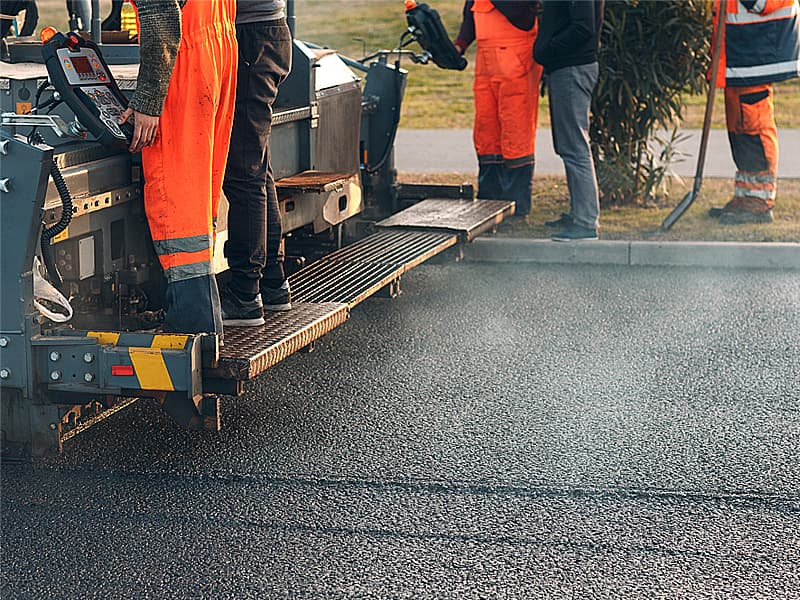Enhancing Accessibility – Role of Residential Paving Services in Creating Accessible Spaces
Creating accessible spaces is crucial for ensuring equal opportunities and inclusion for all individuals, including those with disabilities. Residential paving services play a significant role in enhancing accessibility by providing solutions that cater to diverse mobility needs. Whether it is a private driveway, pathways within a residential complex, or communal spaces, paving services contribute to making these areas accessible and functional for everyone. One of the primary aspects of residential paving services is the installation of smooth and durable surfaces. For individuals using mobility aids such as wheelchairs, walkers, or canes, having a well-paved driveway or pathway is essential. Smooth surfaces prevent obstacles that could impede movement or cause discomfort, allowing for safe and convenient navigation. Paving companies ensure that these surfaces are not only smooth but also level and slip-resistant, further enhancing safety for all users. Moreover, residential paving services address specific accessibility requirements through the use of appropriate materials. For example, textured pavements or tactile paving can assist individuals with visual impairments by providing cues through touch or sound.

These features are strategically incorporated into pathways or crossings to indicate changes in direction, hazards, or points of interest, thereby improving orientation and mobility. In addition to enhancing physical accessibility, paving services contribute to the aesthetic appeal of residential areas. By offering a variety of paving materials, colors, and designs, they enable homeowners and property managers to create visually appealing spaces that are also functional. This aesthetic consideration is not merely superficial but contributes to a sense of pride and community among residents, fostering a welcoming environment for all. Furthermore, residential paving services play a crucial role in maintaining accessibility over time. Regular maintenance and repair of paved surfaces are essential to ensure longevity and continued usability. Paving companies offer services such as crack sealing, resurfacing, and line striping, which help preserve the integrity of paved areas and prevent deterioration that could otherwise lead to accessibility barriers. Another significant aspect of residential paving services is their role in complying with accessibility standards and regulations. Professionals in the industry are knowledgeable about local building codes and accessibility guidelines, ensuring that all projects meet or exceed these requirements.
This compliance not only avoids potential legal issues but also demonstrates a commitment to inclusivity and accessibility in residential spaces. Importantly, residential paving services can customize solutions to meet specific accessibility challenges. They collaborate with homeowners, architects, and accessibility consultants to design and implement paving solutions tailored to the needs of residents. This collaborative approach ensures that accessibility improvements are effective and aligned with the unique characteristics of each residential environment. Residential paving services are integral to creating accessible spaces that promote equality, independence, and safety for all individuals. By focusing on smooth surfaces, appropriate materials, aesthetic appeal, maintenance, compliance with regulations, and customization, paving companies contribute significantly to enhancing accessibility in residential settings. Their expertise and dedication play a crucial role in shaping inclusive communities where every individual can navigate and enjoy their surroundings with ease and dignity and read more at https://www.americanpavingtn.com/residential/. As awareness of accessibility grows, so too does the importance of professional paving services in ensuring that residential spaces are welcoming and accessible for everyone.